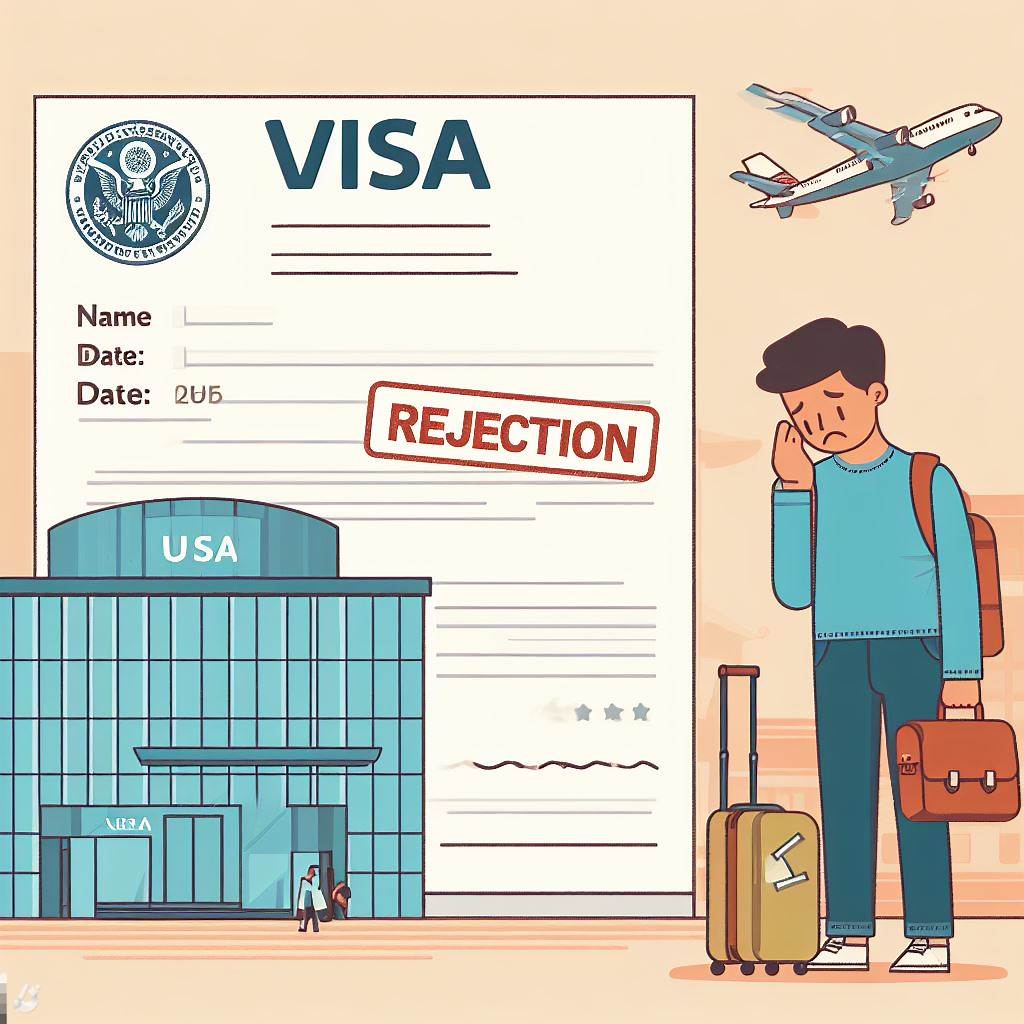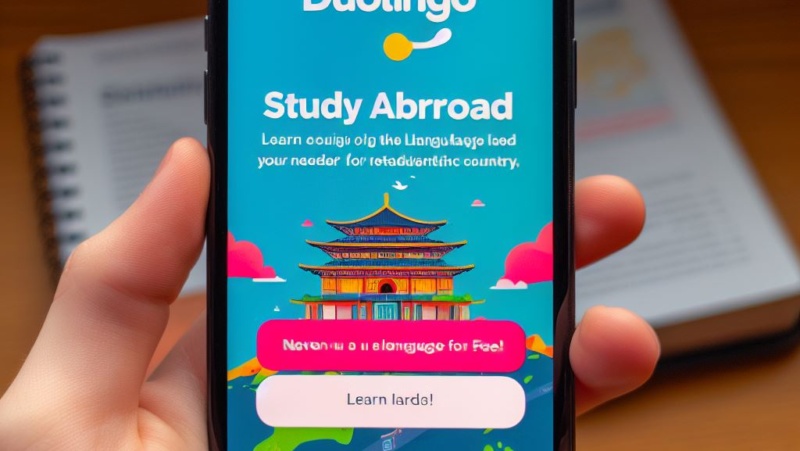Even if a prominent US university has accepted you and given you an I-20, the visa officer’s rejection of your application could disrupt your plans to study there. However demoralising, visa denials are not the end of the road, so keep that in mind.
You can improve your chances of being accepted in your next application by resolving the problems that caused the rejection and showcasing your ties to your country. Most commonly, your visa application can be rejected under section 214 B, which is the most common ground for rejection in the majority of cases, or it can be put on hold under section 221g. So let’s try and understand what these clauses are and how can you plan your second attempt:
Visa rejection under 214(b)
Section 214(b) of the Immigration and Nationality Act (INA) is a frequently cited reason for F-1 visa denials. It requires non-immigrant visa applicants to establish to the satisfaction of the consular officer that they have strong ties to their home country and no intention of immigrating to the United States. The consular officer must be convinced that the applicant will return to their home country after finishing their studies in the United States.
If your F-1 visa application was denied under Section 214(b), it implies that the consular officer was not persuaded that you had strong ties to your home country or that you had the intention of permanently settling in the United States. Here are some steps that you can take to address the issue:
- Show evidence of strong ties to your home country: Provide evidence that demonstrates your significant connections to your home country, such as family, property, employment, or business. The evidence should demonstrate that you have a compelling reason to return to your home country after completing your studies in the United States.
- Explain your intention to return: Convince the consular officer that you have no intention of immigrating to the United States. Explain your reasons for pursuing education in the United States and how you plan to use the skills and knowledge gained to contribute to your home country. You should also provide a detailed plan of how you will return to your home country after completing your studies.
- Prepare for the interview: Prior to your visa interview, prepare to answer questions about your ties to your home country and your intention to return. Be truthful, confident, and succinct in your responses.
Reapply for the visa: After addressing the issues that resulted in the previous rejection, you may reapply for the F-1 visa. Make sure to provide all the necessary documentation and evidence to support your case.
Visa rejection under 221(g)
If your F-1 visa application has been placed on hold under Section 221(g), it indicates that the consular officer needs more administrative processing and information to make a decision about your visa application. It does not necessarily mean that your application has been denied.
Here are some steps you can take to address the issue:
- Understand the reason for the hold: You should carefully read and understand the written explanation or slip provided by the consular officer indicating the reason for the hold.
- Provide the requested information: It is important to promptly provide the additional information or documents requested by the consular officer. This could include academic records, financial records, or a letter from your school.
- Wait for administrative processing: Administrative processing can take time, and the duration varies depending on the complexity of your case. It is best to wait patiently while the processing is completed.
Be patient: It is important to be patient during this process and avoid making any travel plans until your visa is approved and in your possession. Remember that Section 221(g) is not a denial of your visa application. By providing the necessary information and being patient, you can increase your chances of success in your visa application.
Commonly asked questions in the interview:
- Why was your visa refused last time?
- What brings you back?
- What is the purpose of your trip to the United States?
- Why did you choose this specific university or educational program?
- What is your academic and professional background?
- How do you plan to finance your studies in the United States?
- What are your plans after completing your studies in the United States?
- Do you have any relatives or friends in the United States?
Once again, bear in mind that visa denials can be disappointing, but they are not the
end of the road. By addressing the issues that resulted in the rejection and
demonstrating your ties to your home country, you can enhance your chances of
success in your next application
EdElevate’s expert guidance
Want to get started on your journey to your favourite university?
Our expert counsellors at EdElevate will guide you and help you throughout your application process with our unique offering of customised admission mentoring based on your interests, with coverage of the best colleges in every discipline. Right from choosing the best study abroad option for you to mentor you, to building a strong profile, we offer a variety of services to assist students in realising their dream of study abroad.
Apart from offering mentorship to students, we provide assistance in crucial admission processes including shortlisting universities based on the student’s unique profile and area of interest, essay ideation and brainstorming, essay review, reference letter and resume reviews, interview preparation sessions, and more.
With all of these advantages, EdElevate is the greatest place for you to join and work toward your dream of studying abroad and establishing a successful profession.
Attend a Discovery session at EdElevate today to chart out your road to success!




